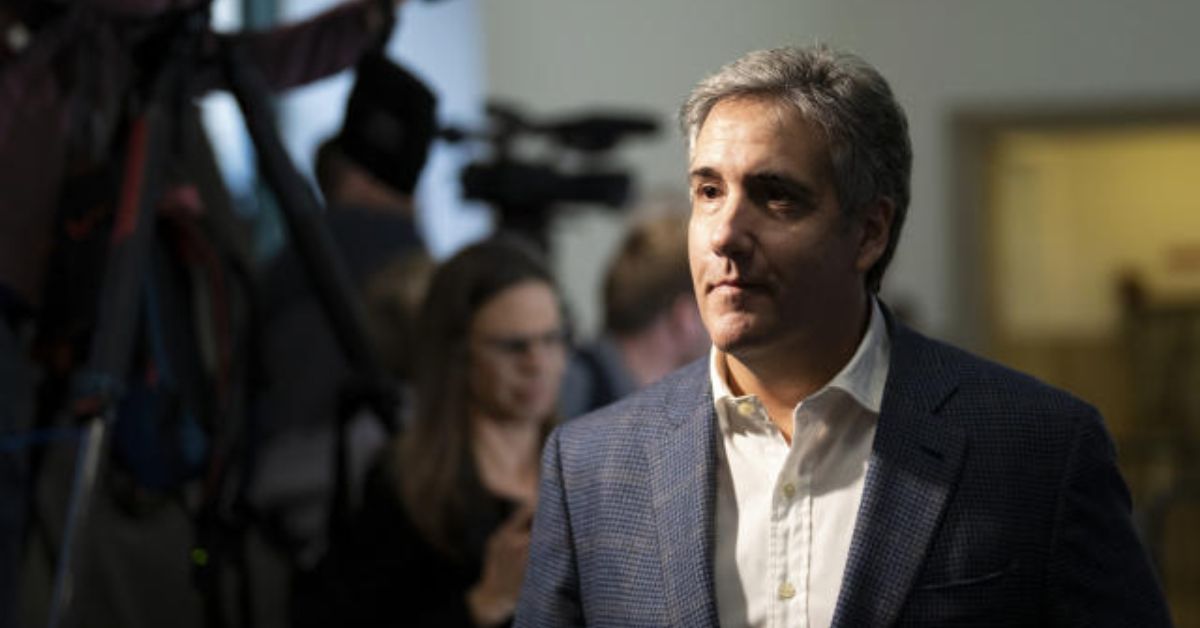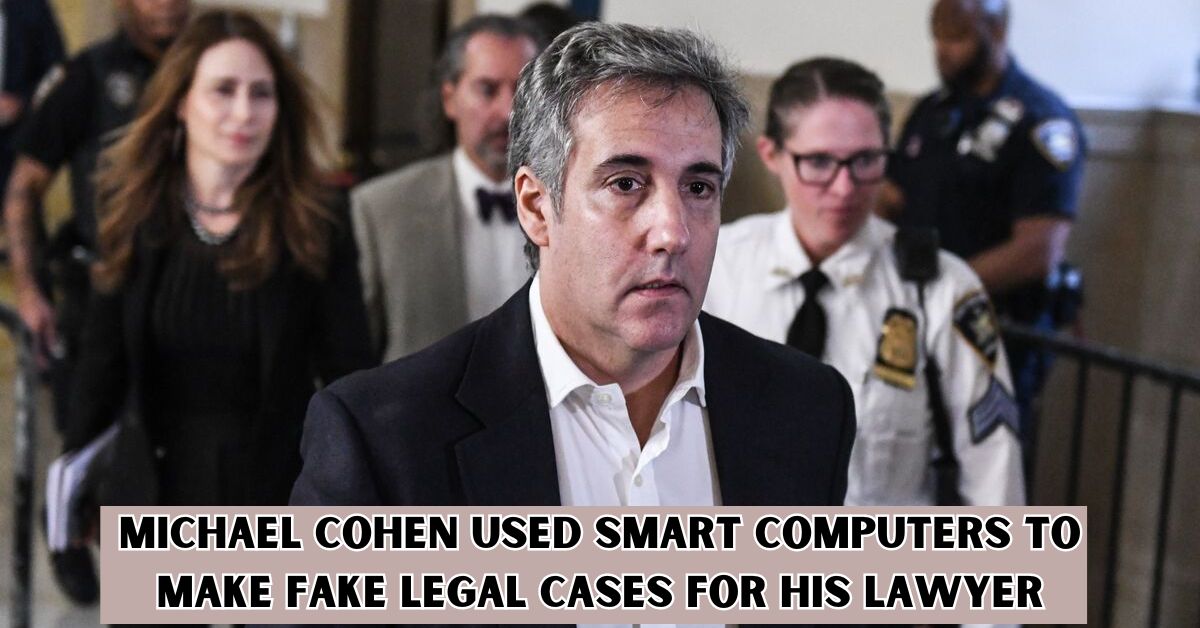Former Trump fixer Michael D. Cohen claimed in newly-emerged court documents that he sent his lawyer with false legal citations generated by the AI tool Google Bard. In a motion presented to Federal Judge Jesse M. Furman, the attorney made use of the fictional citations.
Since Mr. Cohen has been in compliance with his release conditions since his 2018 guilty plea to campaign finance violations, he has been asking the judge to stop the court’s supervision of his case early. After a series of miscommunications and errors, Mr. Cohen finally begged the judge for “discretion and mercy.”
Mr. Cohen admitted in a public sworn statement that he was unaware of “emerging trends (and related risks) in legal technology and did not realize that Google Bard was a generative text service that, like ChatGPT, could show citations and descriptions that looked real but actually were not.” and that he had failed to keep up with these developments.
His attorney, David M. Schwartz, “would drop the cases into his submission wholesale without even confirming that they existed,” he added, which he had not anticipated. Mr. Cohen is slated to be the main witness in a criminal case against Mr. Trump in Manhattan, and this episode could affect that case.

The legal team representing the former president has long accused Mr. Cohen of being a chronic fabulist, and they claim to have fresh evidence of this. This disgraceful filing was the second this year in federal court in Manhattan where attorneys have used AI-generated fake rulings.
Similar to other fields, the legal profession is finding it difficult to explain a new technology that aims to imitate the human brain. By making educated estimates as to which text pieces should follow specific sequences, artificial intelligence applications such as Bard and ChatGPT are able to generate genuine responses.
These kinds of applications use text examples sourced from all across the internet, numbering in the billions. There are still some kinks to be ironed out, but they can synthesis massive volumes of data and deliver it convincingly.
It seems like the Bard chatbot combined fragments of real instances with its own robotic imagination to construct the three citations in Mr. Cohen’s case, which are more like hallucinations. Prior to submitting his request to Judge Furman, Mr. Schwartz included them.
According to Mr. Cohen’s declaration, he described Bard as “a supercharged search engine” that he had used in the past to locate reliable information on the internet. In his own statement, Mr. Schwartz admitted to using the citations but denied conducting an independent analysis of the cases, citing Mr. Cohen’s allegation that E. Danya Perry, another attorney, was offering suggestions for the motion.
“I sincerely apologize to the court for not checking these cases personally before submitting them to the court,” Mr. Schwartz wrote. On Friday, Mr. Schwartz’s attorney, Barry Kamins, chose not to comment.
According to Ms. Perry, it was only after Mr. Schwartz filed the motion that she took up the representation of Mr. Cohen. After reviewing the previously submitted paper, she was unable to confirm the case law stated, she informed Judge Furman in a letter dated December 8th.
“In keeping with my moral duty to be forthright with the court, I informed Judge Furman of this matter,” she stated in an announcement she made at the time.
You may be interested in our other articles about technology if you enjoyed this one:
- How Artificial Intelligence Is Reshaping The Automotive Industry
- The Shipment of Humane Ai Pins is Scheduled to Begin in March!
According to her letter, which was made public on Friday, Mr. Cohen was a disbarred lawyer who “did not know that the cases he identified were not real and, unlike his attorney, had no obligation to confirm as much.”
In her letter, Ms. Perry stressed that Mr. Cohen had not engaged in any wrongdoing. On Friday, she stated that Mr. Cohen remained silent and had given his approval for the court documents to be unsealed in response to the judge’s inquiry into whether or not they included attorney-client privilege material.
When Judge Furman stated in an order dated December 12 that he was unable to locate any of the three decisions, the crisis became apparent. The judge demanded that Mr. Schwartz produce either the original documents or “a comprehensive explanation of how the motion came to cite cases that do not exist and what role, if any, Mr. Cohen played.”
Given Mr. Cohen’s central position in a case brought by the Manhattan district attorney that is set to be tried on March 25, the matter could potentially have far-reaching consequences. During the 2016 election, Mr. Cohen paid pornographic film star Stormy Daniels, and district attorney Alvin L. Bragg charged Mr. Trump with arranging a hush money conspiracy.
On 34 separate felony accusations, Mr. Trump has entered a not guilty plea. To counter the assertions made by Mr. Trump’s legal team that Mr. Cohen is unreliable, Mr. Cohen’s supporters have pointed out that he lied while representing Mr. Trump, but that since their breakup in 2018 and his guilty plea to federal charges, he has told the truth.
The legal team representing Mr. Trump wasted no time capitalizing on Friday’s Google Bard bombshell. It was “typical Michael Cohen,” according to Susan R. Necheles, who will represent Mr. Trump in his upcoming trial in Manhattan.
According to Ms. Necheles, “this is just an additional indication of his lack of character and ongoing criminality” as he has pled guilty to many charges and acknowledged to perjury. According to Ms. Perry, who is currently handling Mr. Cohen’s move, his desire to get the documents unsealed indicates that he has nothing to conceal.
Start your journey of learning and getting ideas! Explore a world of interesting articles that connect with Readable Vibes. Follow our site for a never-ending stream of useful information, and stay tuned for a wave of ideas that will make you feel better.
